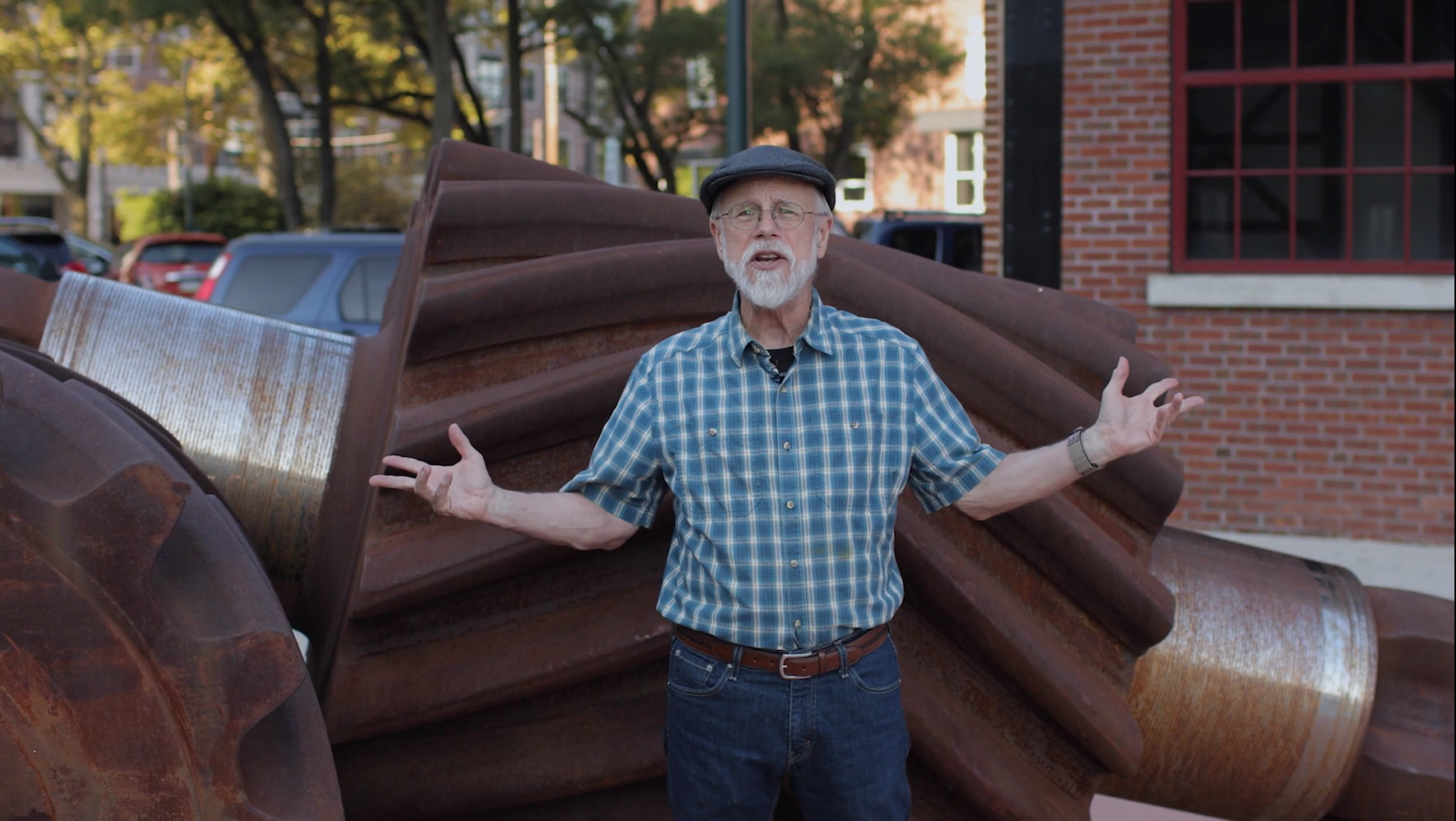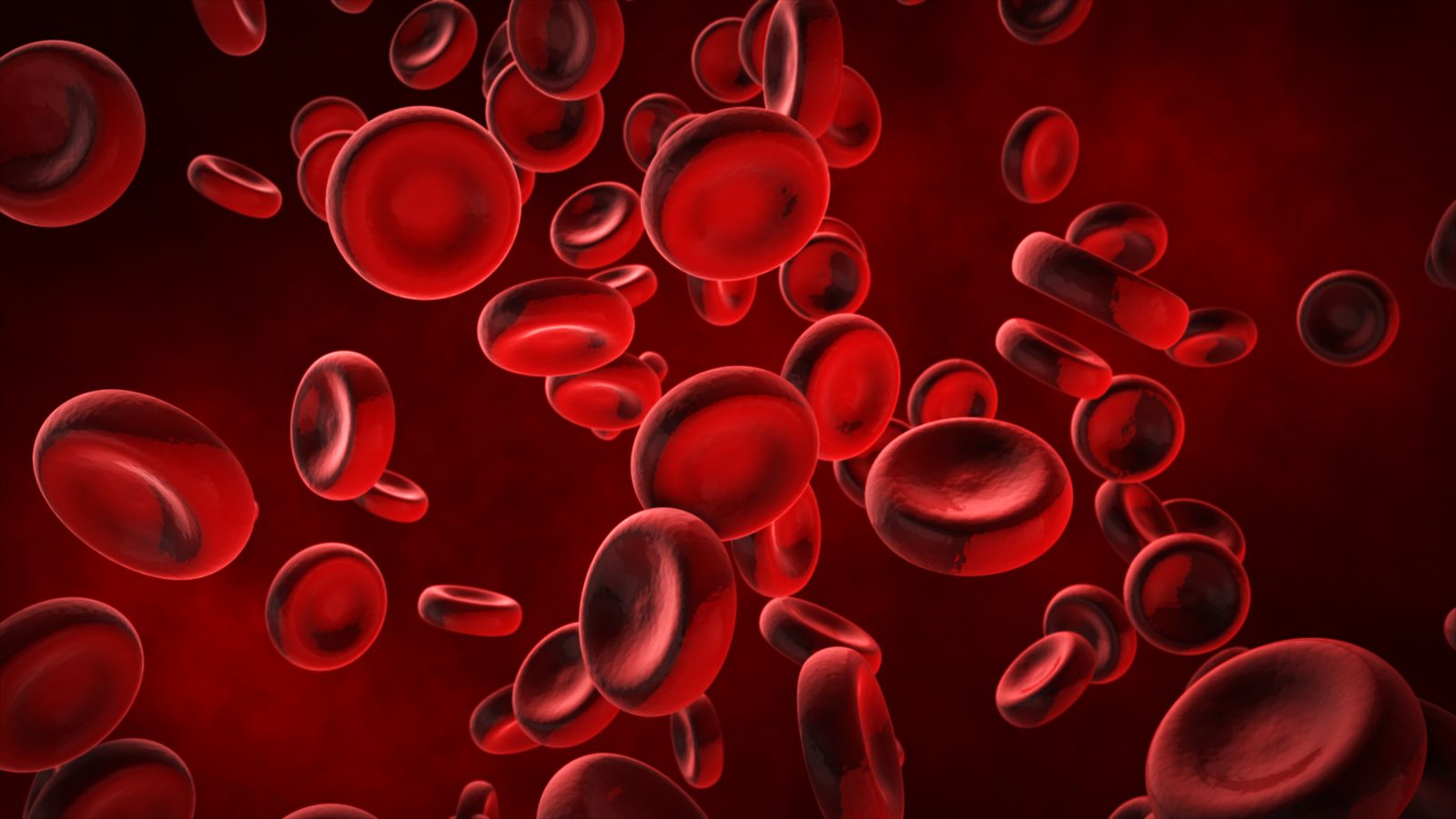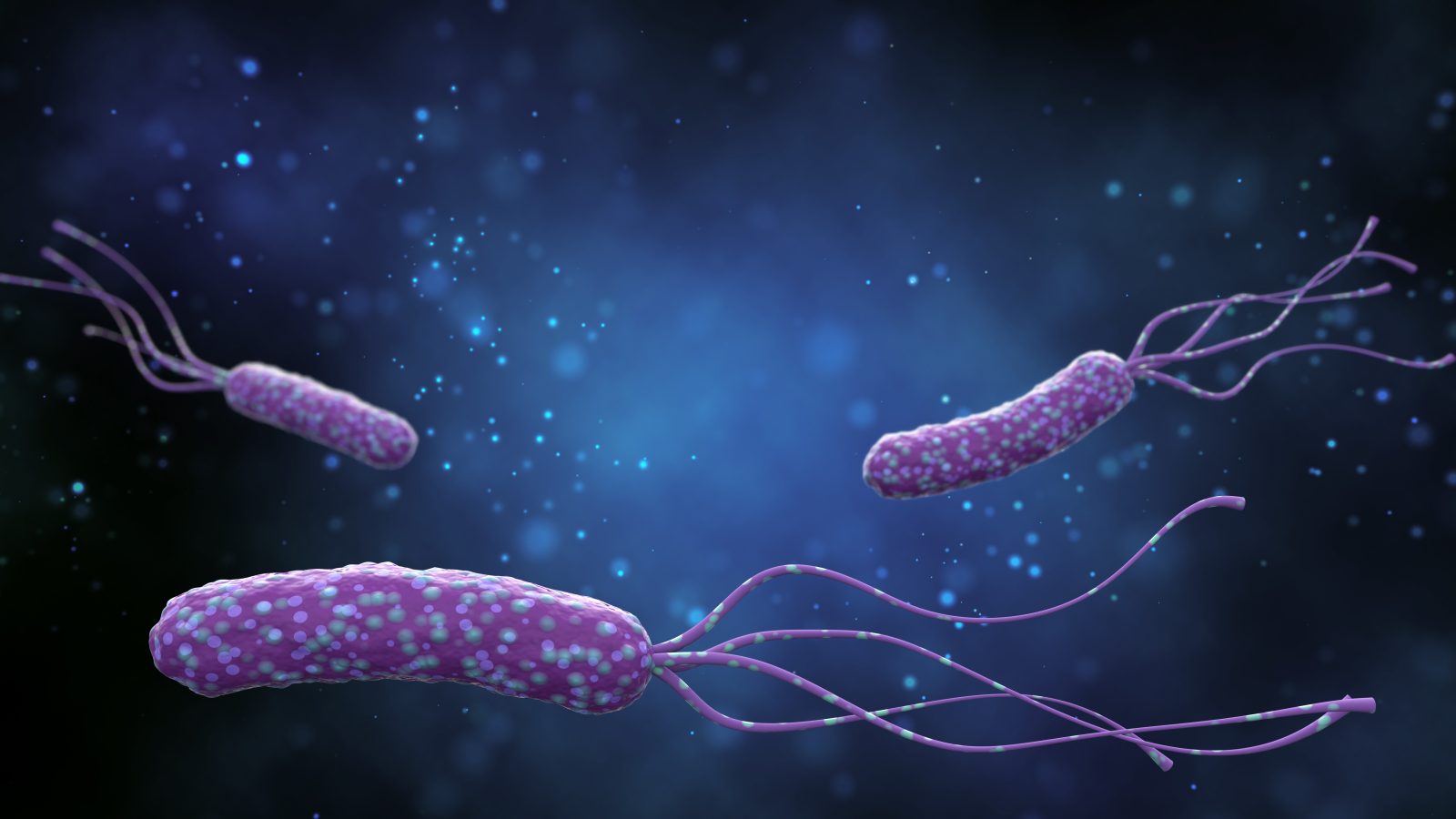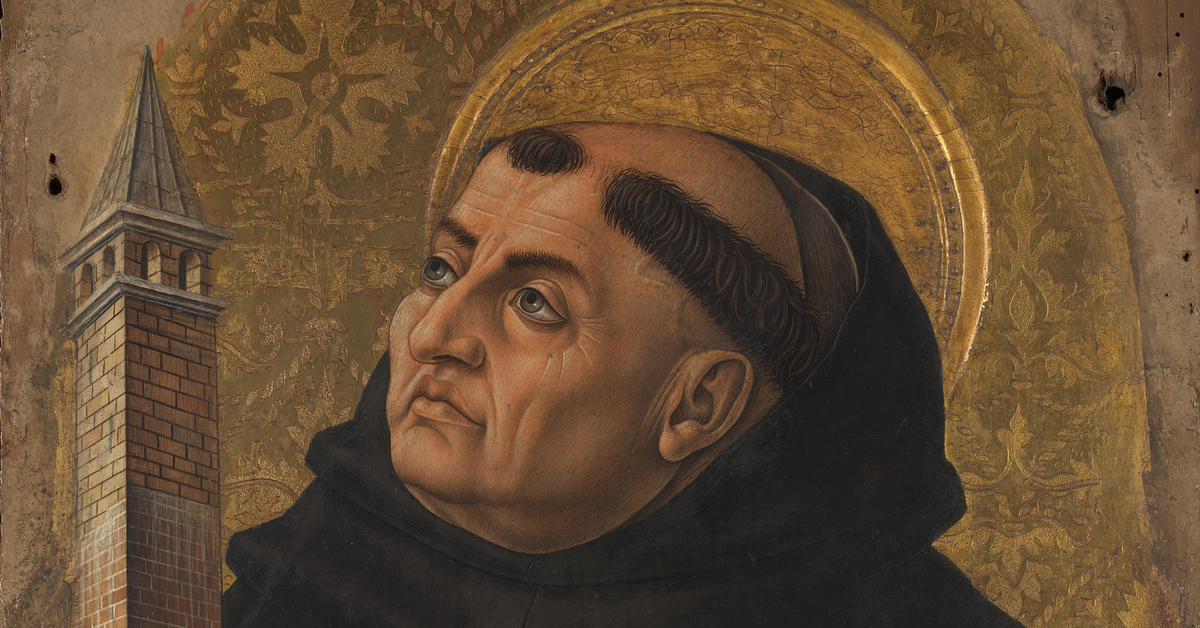


Michael Behe on the Origin of Biological Information

Michael Behe and Michael Medved Explore Secrets of the Cell
On today’s ID the Future, Michael Medved interviews biologist Michael Behe about Behe’s visually stunning YouTube series, Secrets of the Cell. Behe summarizes one of the key messages of the video series, namely that everything from the life-essential blood clotting system to a myriad of crucial protein structures in our bodies increasingly appear to be far beyond the reach of blind evolutionary mechanisms to build. Instead they appear to be the work of planning and purpose, which is the purview of mind. Meanwhile, even many mainstream evolutionists are growing skeptical of neo-Darwinism, Behe says, as biologists continue to uncover more and more layers of cellular sophistication. The emerging field of metagenomics, he says, is a case in point. Medved also mentions a recent article in World magazine where Behe also lays out a case for intelligent design The piece is here.

Behe Counters the Best Objections to Irreducible Complexity and ID, Pt 3
On today’s ID the Future biologist Michael Behe and Philosophy for the People host Pat Flynn conclude their conversation (posted by permission here) about some of the best objections to Behe’s central case for intelligent design. One objection Behe and Flynn tackle in this episode: the idea of evolution overcoming the irreducible-complexity hurdle through co-option. That is, maybe the precursors to what would become one of today’s molecular machines, such as the bacterial flagellum motor, co-opted simpler machines being used for other purposes, allowing evolution to build a bacterial flagellum motor one small step at a time over thousands or millions of generations, even though the completed bacterial flagellum ceases to function at all when just one of its many key parts is removed. Behe has illustrated the idea of irreducible complexity with a mechanical mousetrap. Take away just one of its several key parts and it ceases to function even a little bit as a mousetrap. Evolutionist Kenneth Miller counters by noting that parts of the mousetrap could have served other purposes, such as a paper weight or a tie clip. Listen in to hear Behe’s explanation as to why such imaginative reasoning is no help to the evolution of irreducibly complex biological wonders like the bacterial flagellum. At the end of the conversation, Flynn points listeners to a web page where he has gathered his several conversations with Behe over the years, including two that involved debates with pro-evolution guests. That page is here. Flynn also calls attention to Behe’s four books, including his latest one, where he answers many objections posed by his critics, with many of the critiques appearing in high-level science journals. The book is A Mousetrap for Darwin. You can get it here and here in hardcover, paperback, or Kindle/eBook.

Behe Counters the Best Objections to Irreducible Complexity and ID, Pt 2
Today’s ID the Future continues A Mousetrap for Darwin author Michael Behe’s conversation with philosopher Pat Flynn, focused on some of the more substantive objections to Behe’s case for intelligent design in biology. In this segment the pair discuss the bacterial flagellum, the cilium, and the blood clotting cascade, and tackle critiques from Alvin Plantinga, Graham Oppy, Russell Doolittle, Kenneth Miller, and others. This interview is posted here by permission of Pat Flynn.

Behe Answers the Best Objections to Irreducible Complexity and ID, Pt. 1
On today’s ID the Future Lehigh University biologist Michael Behe addresses what Philosophy for the People host Pat Flynn considers some of the best objections to Behe’s central intelligent design argument. As far back as the 1996 book Darwin’s Black Box, Behe has argued that certain features in biology are irreducibly complex. That is, they require numerous essential parts, each carefully fitted to its task and integrated with the other parts, in order for the molecular machine or system to function at all. Two examples are the bacterial flagellum motor and the blood clotting cascade. Such systems are, in Behe’s words, irreducibly complex and could not have arisen through any blind and gradual evolution process. The better explanation for their origin: intelligent design. Since Darwin’s Black Box became a bestseller a generation ago, Behe has attracted opponents in places high and low. Following the philosopher Alvin Plantinga, Flynn says that some of the attacks on Behe have been hysterical, but some have been more thoughtful. In this series Flynn focuses the discussion on what he regards as some of the more substantive and interesting objections, beginning with one from a noted philosopher who is partly sympathetic to Behe’s work, Plantinga himself. Behe gamely responds. This episode is used by permission of Pat Flynn. To see Behe’s responses to common and key objections collected in a single book book, get your copy of his newest book, A Mousetrap for Darwin: Michael J. Behe Answers His Critics.

Behe and Ramage: Evolution’s Limits and the Fingerprints of Design
Today’s ID the Future wraps up a debate over evolution and intelligent design between Lehigh University biologist Michael Behe and Benedictine College theologian Michael Ramage. Both Behe and Ramage are Catholic, and they carry on their conversation in the context of Catholic thinking about nature and creation, in particular the work of Thomas Aquinas and contemporary Thomist philosophers. Ramage seeks to integrate his Thomistic/personalist framework with modern evolutionary theory’s commitment to macroevolution and common descent. Behe doesn’t discount the possibility of common descent but lays out a case that any evolution beyond the level of genus (for instance, the separate families containing cats and dogs) cannot be achieved through mindless Darwinian mechanisms and, instead, would require the contributions of a designing intelligence. Behe then summarizes both the negative evidence against the Darwinian mechanism of change and the positive evidence in nature for intelligent design. This debate was hosted by Pat Flynn on his Philosophy for the People podcast, and is reposted here by his permission.

Behe and Ramage Debate, Pt. 2: Evolution, ID, and Aquinas
Today’s ID the Future continues the conversation between Catholic intelligent design biologist Michael Behe and Catholic theologian Matthew Ramage. Both agree that nature points to a cosmic designer, but Ramage says he prefers, on aesthetic grounds, the idea that the biological realm has the capacity, gifted by God, to evolve on its own without the need for intervention by God. Behe notes that people have different aesthetic predilections, but it’s the scientist’s job not to figure out how he would have preferred things to have happened in nature, but to discover how they actually did come about. Behe also says that while the sun, moon, and stars do move according to fixed natural laws, it doesn’t follow from this that the many complex forms we find in biology arose purely through natural laws. The question of how they arose requires scientific investigation. Philosophy for the People Podcast host Pat Flynn leads the discussion, which is reposted here by his permission.

Michael Behe and Matthew Ramage Debate Evolution and ID, Pt. 1
Today’s ID the Future brings the first part of a friendly debate/discussion between Lehigh University biologist and intelligent design proponent Michael Behe and Catholic theologian Matthew Ramage. Led by Philosophy for the People podcast host Pat Flynn, Behe starts by noting that he is a lifelong Catholic who accepted from childhood that, as he was taught in school, if God wanted to work through the secondary causes of Darwinian evolutionary mechanisms to generate the diversity of life, who were we to tell him he shouldn’t or couldn’t do it that way? Behe says that his skepticism toward Neo-Darwinism arose many years later and stemmed purely from his scientific research. Ramage, who specializes in the work of Pope Benedict XVI, sees God as indispensable to creation but also embraces universal common descent and emphasizes God’s ability to work through secondary causation. Ramage asks Behe if he agrees with common descent. Behe explains why he finds the issue trivial and says the crucial issue is what Behe argued for in Darwin’s Black Box, namely that mindless Darwinian mechanisms lack the creative power to have generated life’s diversity, and that we have compelling positive reasons to conclude that the purposeful arrangement of parts, such as we find in mousetraps and molecular biological machines, is the work of intelligent design. Ramage urges Behe to spend more of his rhetorical energy distinguishing himself from creationists who reject evolution in toto. Behe again pushes back, saying he doesn’t care “two hoots” for the issue of common descent, and that the important thing to focus on is how the science has turned against modern Darwinism and its emphasis on random changes and natural selection. Behe acknowledges that Darwinian evolution nicely explains things like the emergence of wooly mammoths from elephants, or polar bears from grizzly bears, but he says these are examples of life filling various evolutionary niches via devolution. It doesn’t get you the evolution of all living things through mindless evolutionary mechanisms. There are many other elements and nuances in this lively conversation between a Catholic scientist and a Catholic theologian. Tune in to hear more, and stay tuned for Parts 2 and 3 of the debate. (This podcast conversation is used here by permission of Pat Flynn.)

Michael Behe: Evolution, Devolution, Design
Today’s ID the Future features three recent Evolution News essays by Lehigh University biology professor and Darwin Devolves author Michael Behe, as read by host Andrew McDiarmid. In the first, nothing shows the feebleness of Darwinism quite so much as breathless stories about new results that turn out to be much ado about nothing. In this case, it’s some recent speculation about the rise of “lactase persistence” in many human adults. Then it’s onto malaria, much beloved of evolutionists, not for its lethality but as a demonstration of evolution in action. But Behe dissects the latest news story on the topic to show that the touted malaria evolution is, once again, malaria gnawing off the proverbial leg to achieve a niche advantage—that is, mere devolution. It’s akin, Behe says, to the rise of tuskless elephants in Africa, where having the devolutionary mutation that leaves an elephant tuskless renders the creature of no interest to elephant-slaying ivory poachers, thereby improving its chances of survival. In the third essay Behe makes a case for his favorite way of concisely describing what we detect when we detect intelligent design in biology. For a great collection of Dr. Behe’s essays, get a copy of his newest book, A Mousetrap for Darwin: Michael Behe Answers His Critics.